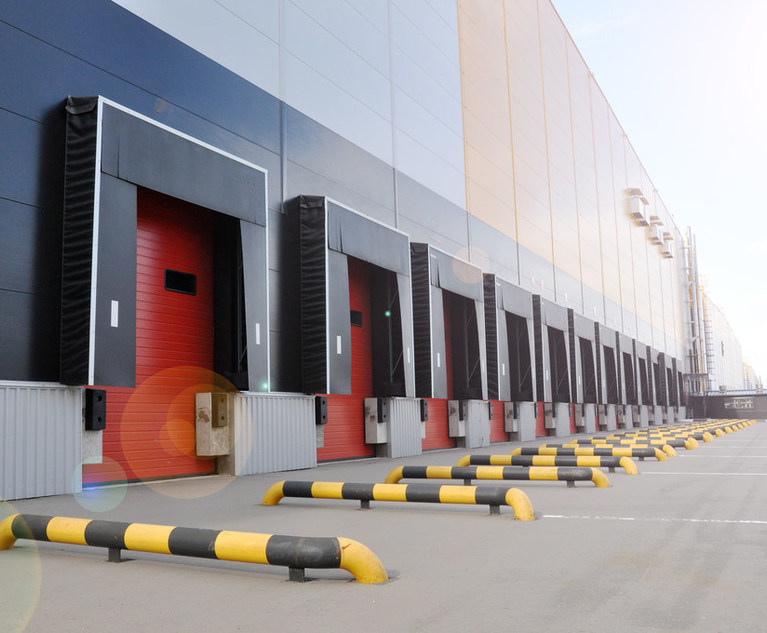Arbitration in construction is common because it involves issues requiring specialized and technical knowledge. This expertise is considered essential to the goal of construction arbitration: a fair, expeditious and cost-efficient resolution. However, some worry that without an experienced, proactive arbitrator, the lack of court and evidentiary rules could result in a more expensive, and not necessarily more efficient, forum to adjudicate their disputes. The COVID-19 pandemic has thrown another consideration into the mix since most courts are so backlogged with cases that it may be difficult to get to trial in a reasonable time frame, leaving plaintiffs in need of a judgment in a construction case. Whether the dispute involves an owner seeking damages for defective construction or a wrongfully terminated contractor seeking payment, litigants are faced with the prospect of waiting for years on end at great risk and expense.
As co-chairs of the Construction Law Practice Group at Pashman Stein Walder Hayden, and as the authors of this article, we present a dialogue regarding the pros and cons of arbitrating construction cases.


 Credit: Sebastian / stock.adobe.com
Credit: Sebastian / stock.adobe.com




